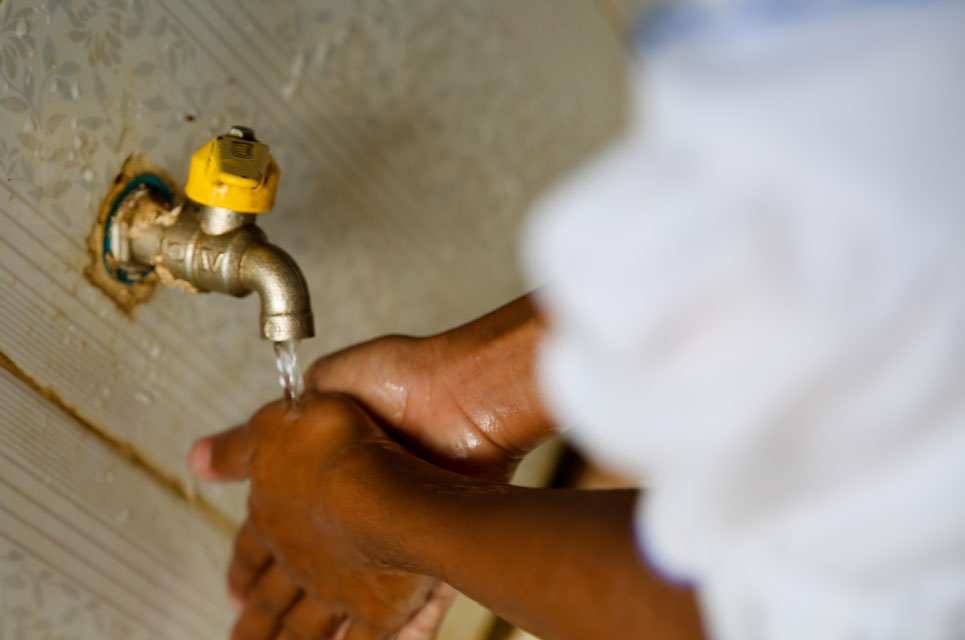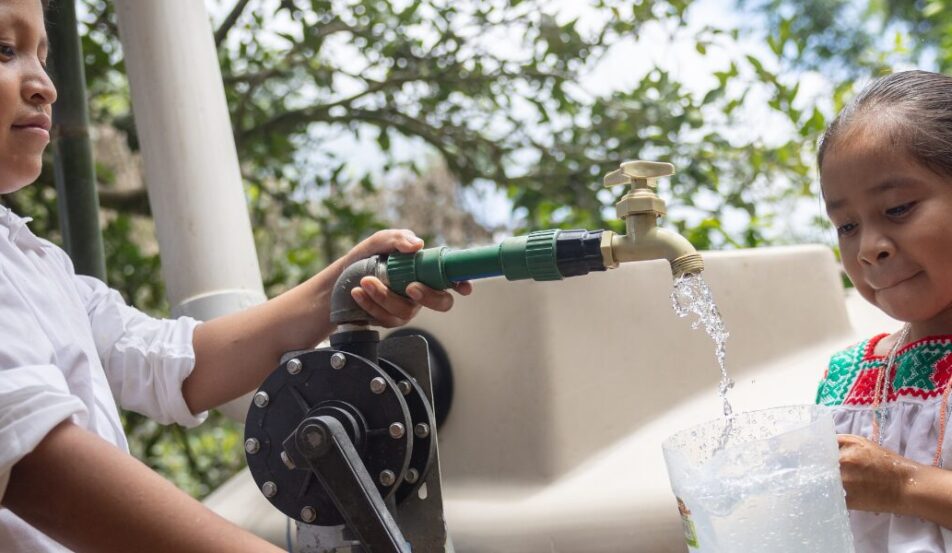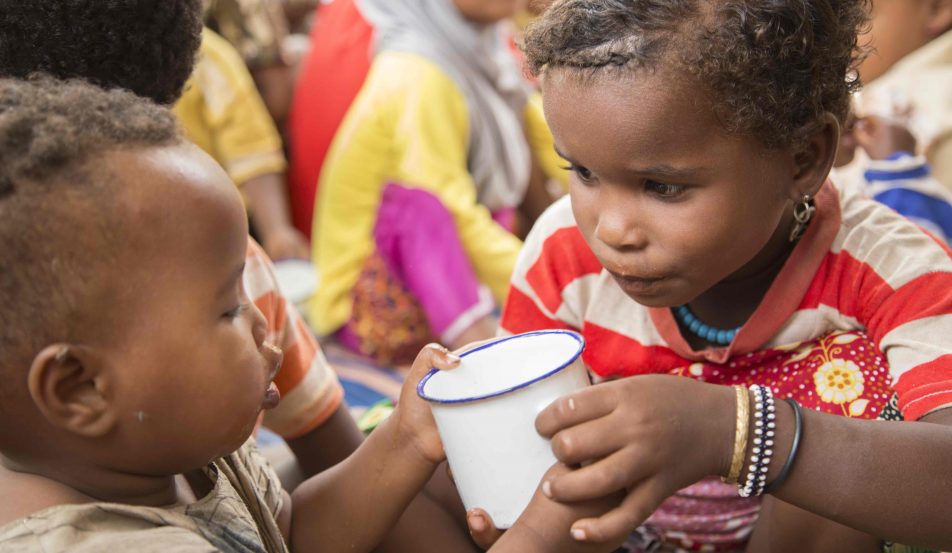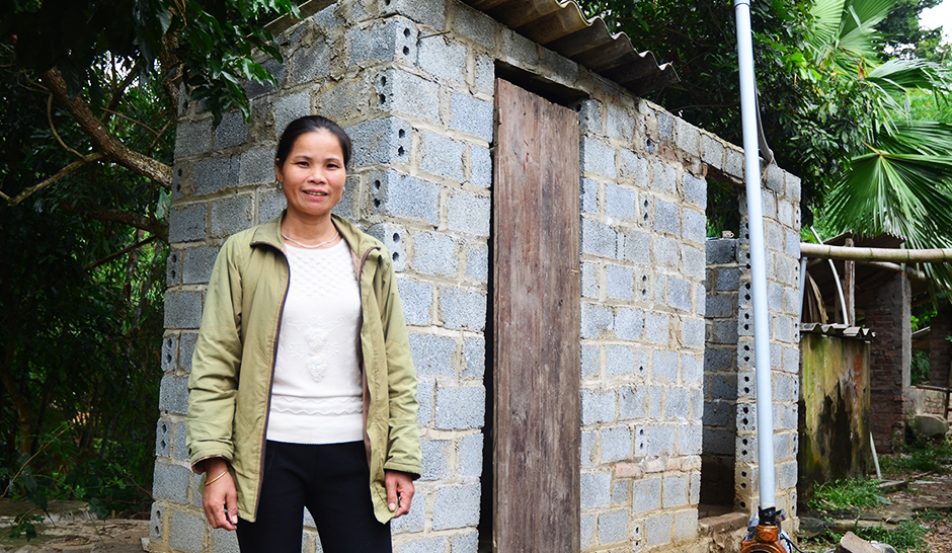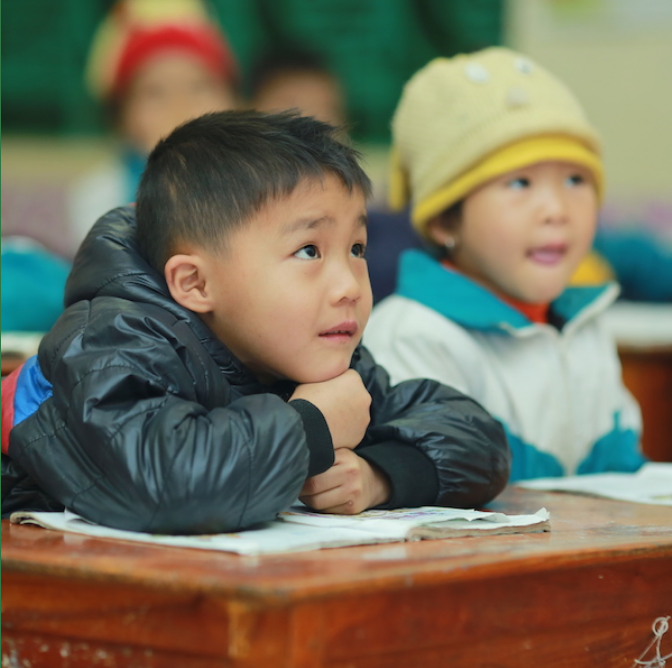How handwashing helps children stay healthy
While handwashing is one of the most effective ways of preventing the spread of infectious disease, 40 per cent of the world’s population do not have access to soap and water at home.
ChildFund works in partnership with local communities to overcome this challenge by building handwashing stations in schools, health clinics and villages.
Constructed with sinks, taps, and using water from nearby tanks, handwashing stations in rural schools not only help to stop the spread of illness among students, but are supported by health education programs that teach children how to integrate good hygiene practices into their daily routine.
Sreynoch, 13, lives in a remote village in Cambodia where she had no access to water. She and her fellow students would spend their mornings before school walking to the closest well to collect water.
When there was no water, children were unable to wash their hands.
“With support from ChildFund, our school now has a water system where we can wash our hands any time,” Sreynoch (pictured below, left) says.
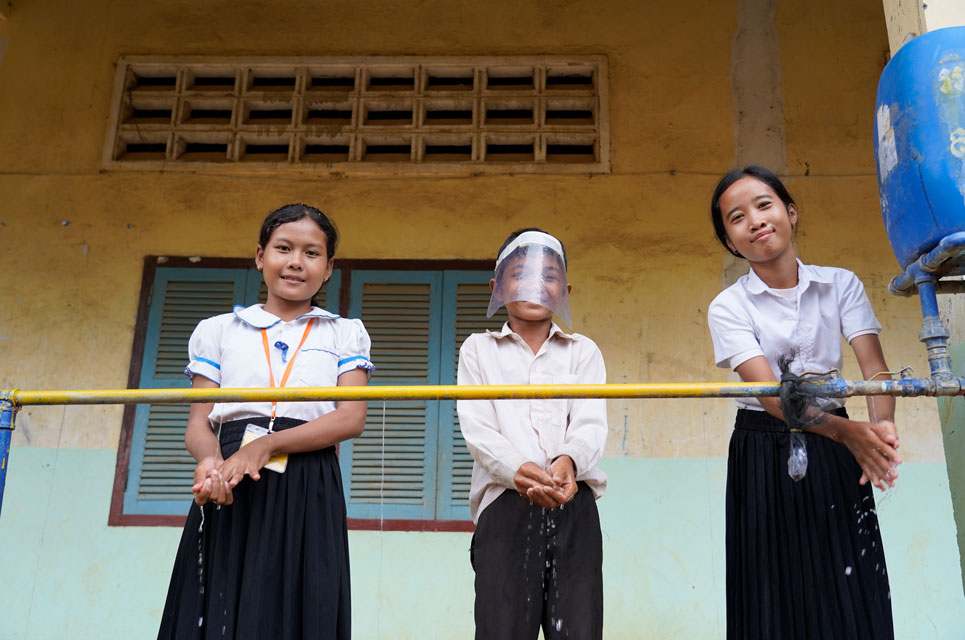
In Sierra Leone, 12-year-old Rugiatu (pictured below), her family and her entire community used to get water from a contaminated swamp. The community had an old well, but it was dilapidated and no longer in use.
‘’We had no choice,” Rugiatu says. “There was no other means of getting clean water in my village.”
In the dry season when the swamp dried up, they had to walk long distances to other areas to find water.
“I remember walking one day with a bucket of water on my head, and I almost got hit by a motorbike,” Rugiatu says. “Carrying a heavy water container on my head was very painful. Sometimes, my head ached and I felt pain down to my neck. Worst of all, my brother John was bitten by a snake one day when he followed us to the swamp to fetch water. We could have lost him.’’
Collecting water also often made Rugiatu miss sleep and late for school.
“My mum would wake me up very early in the morning to accompany her to fetch water from the swamp,” she says. “I would first take my bath from the swamp before getting water in the bucket to take home. By the time I got dressed, I was already late for school. This happened so many times.”
When children do not have access to clean water, they cannot wash their hands often enough to prevent the spread of infectious diseases.
ChildFund fixed the well in Rugiatu’s community so that they had easy access to clean water.
“The well is the best thing that has ever happened to me,” Rugiatu says. “If it were not for this well, I would still be struggling to fetch water from that swamp. Life is so much easier for us now that we have clean water in our village.’’
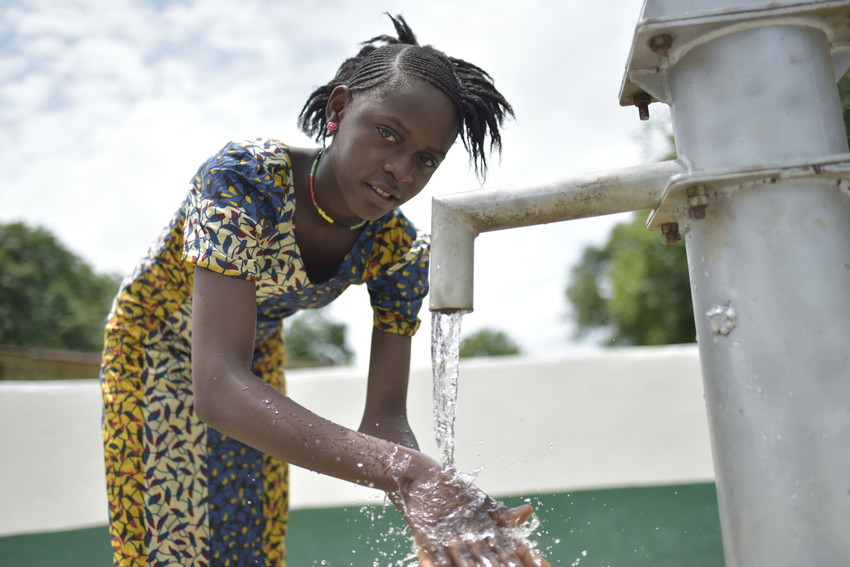
Access to clean water helps but it does not always completely solve the problem. Bad hygiene practices and a lack of knowledge about the importance of handwashing can also put children at risk of getting sick from infectious diseases.
“A lot of the children don’t learn good hygiene skills at home,” Phetpawn, an early childhood teacher in Laos, says. “Some of them only get a bath a couple times a week.”
ChildFund works with communities to raise awareness about the importance of handwashing and helps teachers find ways to encourage children to protect themselves.
Phetpawn’s four-year-old students incorporate hygiene lessons into their classes. Children sing, count and use handwashing to practice hygiene, numeracy and language skills.
“Children love playing with water,” Phetpawn says. “So for the kids, handwashing is an activity they have a lot of fun with.”
Handwashing prevents the spread of infectious disease
Especially during COVID-19, the World Health Organization (WHO) recommends frequent handwashing under running water for at least 20 seconds.
“ChildFund gave us buckets to wash our hands,” Rugiatu says. “People came to talk to us about washing our hands, and they advised us to use clean water to wash our hands. But if it were not for this well, how would we be washing our hands during this coronavirus?”
At ChildFund, we’re committed to helping children, their families and communities stay safe and healthy during this pandemic, and always.
You can help keep children safe by purchasing Gifts for Good or supporting our long-term development by sponsoring a child or a community.
